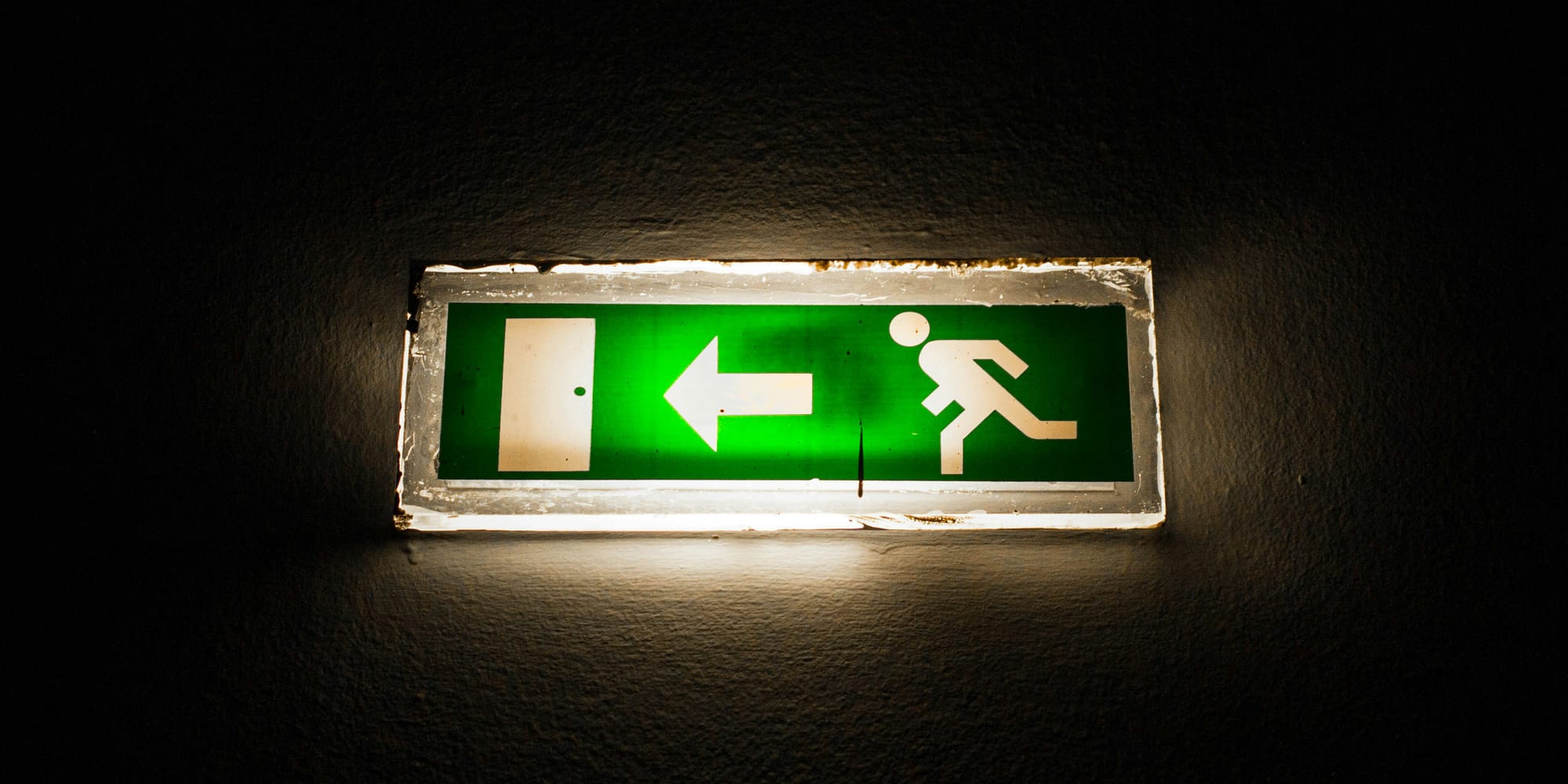
Let's be honest - many of us in our 40s are caught in a bizarre paradox. We grew up without smartphones and remember life before the internet consumed everything. Yet somehow, we've become just as digitally dependent as the generations that followed us. Maybe even worse, because we're still trying to prove we can keep up.
The Digital Treadmill We Can't Seem to Exit
Remember when we used to leave work and actually leave work? Now our homes have become our offices, our phones have become our bosses, and our "downtime" consists of switching from work emails to social media - as if that's somehow a real break. It's not.
I realized recently that I was spending more time documenting experiences for online consumption than actually experiencing them. Taking photos of meals instead of tasting them. Crafting the perfect caption about a sunset rather than just watching the damn thing go down.
And for what? A handful of likes from people I barely talk to anymore? The validation from strangers that somehow became a substitute for genuine human connection?
Let me tell you something I've learned the hard way: No one on their deathbed ever said, "I wish I'd spent more time on Instagram."
Why Our 40s Are the Perfect Time for Digital Recalibration
Here's why I think being in your 40s is actually the ideal time to reclaim your relationship with technology:
We have perspective. We remember life before all this. We know it's possible to exist-and thrive-without constant digital connection.
We've hit that point in life where we're finally secure enough not to care so much about what others think. Or at least, we should be. The freedom that comes with that realization is powerful.
We're old enough to recognize patterns that don't serve us but young enough to establish new habits that can carry us through the next few decades.

What Real-World Pleasures Actually Look Like
So what happens when you start cutting back on screen time? Here's what I've rediscovered:
Conversations that last more than three text exchanges. Sitting across from someone and navigating the beautiful mess of real-time human interaction - awkward pauses, unexpected tangents, and all. These conversations have depth that no messaging app can replicate.
Books. Not e-books, not audiobooks (though those have their place) - actual physical books. The smell of the pages, the weight in your hands, the absence of notifications pulling you away every three minutes. I've read more in the past six months than I did in the previous three years, and my sleep has improved dramatically since replacing my bedtime scroll with reading.
Manual creativity. Using my hands for something other than typing and tapping screens has been revolutionary. Cooking elaborate meals without following a YouTube tutorial. Building things. Drawing. Playing an instrument without an app to guide me. These activities engage parts of my brain that had apparently been dormant for years.
Nature without documentation. Hiking without posting about it. Watching a thunderstorm without filming it. Swimming in the ocean without worrying about getting the perfect shot. Just being fully present in these moments is strangely foreign at first-and then incredibly liberating.
The Practical Stuff: How to Actually Do This
Let's get to the part you're probably looking for - the "how." I'm not going to give you a 30-day plan or some gimmicky challenge. Instead, here are some straightforward adjustments that have worked for me:
First, acknowledge the addiction. Because that's what it is. The average American checks their phone 96 times a day - that's once every 10 minutes. If you did anything else that frequently, you'd consider it a serious problem.
Create physical distance between yourself and your devices. Not just during "digital detox" periods, but as your default state. My work phone now lives in a drawer in my home office when I'm not using it for something specific. Not in my pocket, not on the coffee table-in a drawer, out of sight.
Redefine urgency. Very few things actually require your immediate attention. The world won't end if you don't respond to that email within the hour. Your friend won't disown you if you don't like their post right away. Once you truly internalize this, the compulsion to constantly check devices diminishes significantly.
Replace, don't just remove. Digital habits fill specific needs: connection, entertainment, information. Simply trying to stop using technology without addressing those underlying needs creates a vacuum that's hard to sustain. Instead, deliberately replace digital activities with physical ones that satisfy the same needs.
Accept the discomfort. The first few weeks feel weird. You'll reach for your phone and it won't be there. You'll have quiet moments where you'd normally fill the space with scrolling, and you won't know what to do with yourself. Sit with that discomfort. It's teaching you something.

What You Stand to Gain
The benefits go far beyond just "less screen time." Here's what I've noticed since making these changes:
My relationships have deepened. When you give people your undivided attention, the quality of your connections improves dramatically. I've had conversations with friends I've known for decades that revealed things I never knew about them.
My creativity has resurged. It turns out that boredom is essential for creative thinking, and I'd been avoiding it at all costs by filling every spare moment with digital input.
My sense of autonomy has returned. I no longer feel at the mercy of notifications and algorithms determining how I spend my time and attention.
My memory has improved. Without constantly outsourcing my memory to digital tools, I've had to exercise it again. And like any muscle, it gets stronger with use.
The Bottom Line
Look, I'm not suggesting we all become digital hermits or pretend it's 1985 again. Technology offers genuine benefits and connections that weren't possible before. The goal isn't elimination - it's intentionality.
In our 40s, we have the wisdom to know what matters and the time left to act on that knowledge. We can choose to be the last generation that remembers a less-connected world, or we can be the first to demonstrate a healthier way forward - showing that it's possible to use these tools without being used by them.
So put down your phone (after reading this post, of course). Look around. Engage with the physical world. Have a conversation without checking notifications. Make something with your hands.
The digital world will still be there when you get back. But you might find that you're in less of a hurry to return to it.


